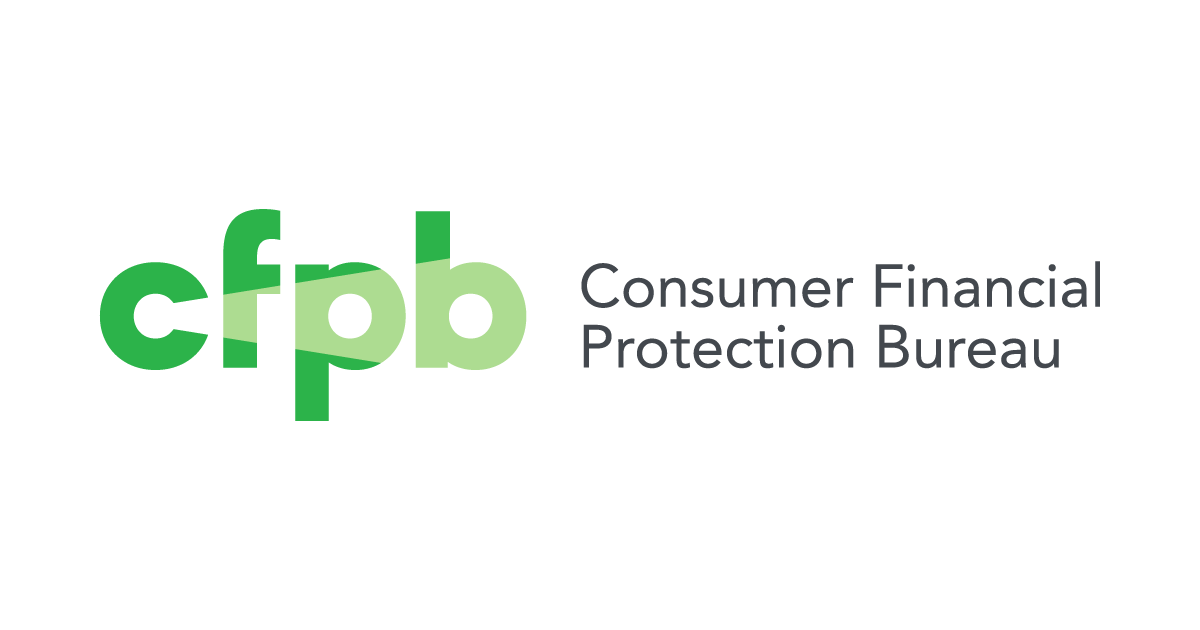CFPB Fights Deplatforming & Censorship With New Rule To Block Rights Violating Financial Contract Clauses
On the eve of Inauguration Day, the Consumer Financial Protection Bureau has proposed a new rule aimed at stopping financial companies from forcing Americans to choose between participating in the financial system or giving up essential rights guaranteed by the Constitution.
The proposed rule seeks to stop companies from using a variety of contract clauses that limit fundamental freedoms, including waivers of substantive legal rights and fine print that suppresses speech.
“To access the American financial system, people should not be forced into forfeiting rights enshrined in law or our Constitution,” said CFPB Director Rohit Chopra. “Companies should not weaponize fine print to deplatform or purge people from the financial system.”
For decades, companies have slowly eroded Americans’ rights by slipping clauses into take-it-or-leave-it contracts that seek an unfair leg up by attempting to deny individuals the benefits of a free market.
Over time, fine print governing Americans’ lives has grown to impose increasingly intrusive and unusual burdens on Americans, impinging on fundamental freedoms.
Specifically, the CFPB is proposing to block companies from:
- Undermining Rule of Law: The Constitution vests legislative power in Congress and reserves important authorities for the States. The CFPB is protecting that legal structure by ensuring that large companies cannot use form contracts to opt out of statutes passed by Congress or state legislatures, including protections for servicemembers, laws prohibiting elder fraud, and accountability for corporate lawbreaking.
- Deplatforming and Suppressing Speech: The rule would bar companies from fining, suing, or deplatforming based on consumer comments, reviews, or political or religious views. It protects consumers' right to exercise free speech, including a consumer’s right to share negative reviews about a financial firm’s products or services, as well as political speech with which the company’s management disagrees.
- Amending Key Terms by Fiat: By stopping companies from unilaterally updating contracts in their favor, the rule seeks to protect consumers’ right to benefit from the contracts they agree to and gives people the ability to make decisions about their options in the marketplace.
- Forcing Customers to Automatically Plead Guilty: The CFPB is proposing to codify existing prohibitions against taking a consumer’s property without judicial due process or oversight. These longstanding prohibitions include prohibitions against “confessions of judgment,” which force consumers to essentially plead guilty even if they have defenses.
Unsurprisingly, the full rule references PayPal's 2022 attempts to amend their Acceptable Use Policy "to prevent consumers from engaging in political or religious expression or to penalize them for doing so" as just the kind of rights infringement they are seeking to curtail.
Second, some companies have also used contractual terms to prevent consumers from engaging in political or religious expression or to penalize them for doing so. For example, in 2022 PayPal amended its user agreement to levy a fine or close accounts based on consumers’ exercise of free expression, even if it was unrelated to fraud or other illegal activity.
In a similar vein, some consumer financial companies have been accused of “de-banking” persons or organizations based on their political or religious beliefs.
For example, several State regulators recently accused a major bank of "discriminating against religious ministries,” including the bank’s closure of the accounts of a Christian ministry because the bank did not want to serve the organization’s “business type.”
After significant publish backlash and threats of legal and regulatory consequences, PayPal eventually removed the section of their terms that would have allowed them to fine users $2,500 per violation for sending, posting or publication of content the company deemed to be "harmful" or "misinformation".
The CFPB will be accepting public comments on this proposed rule through April 1, 2025.
Download the full proposed rule:






















